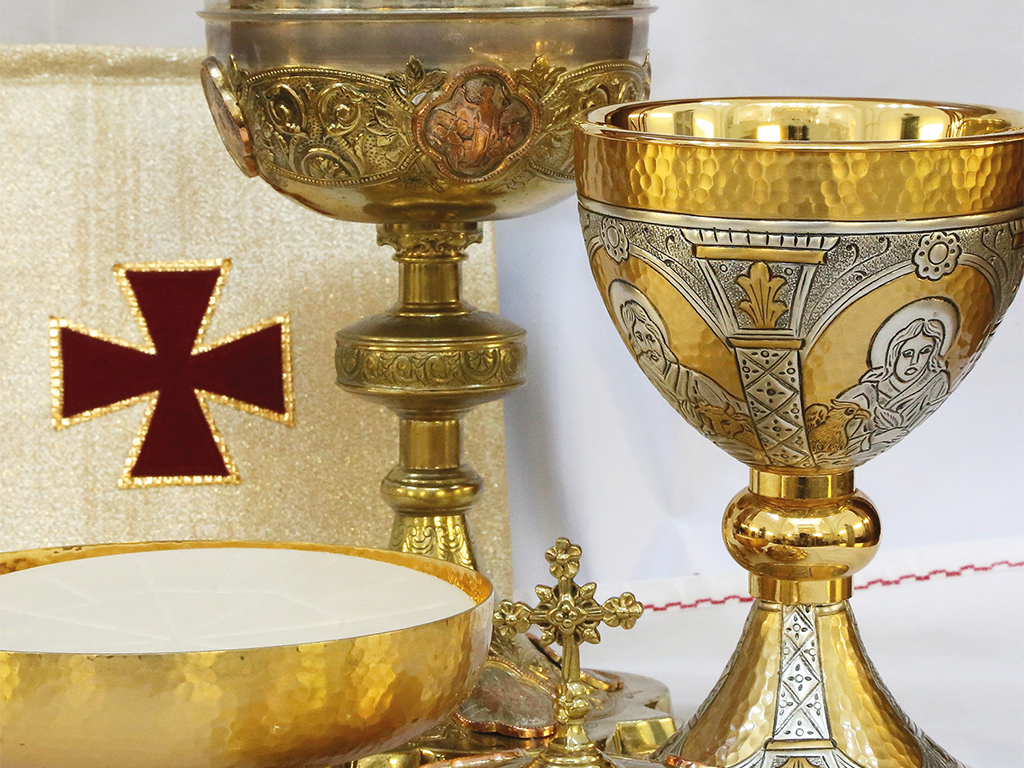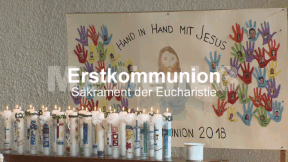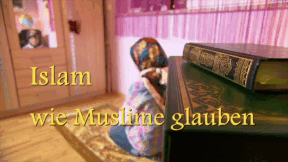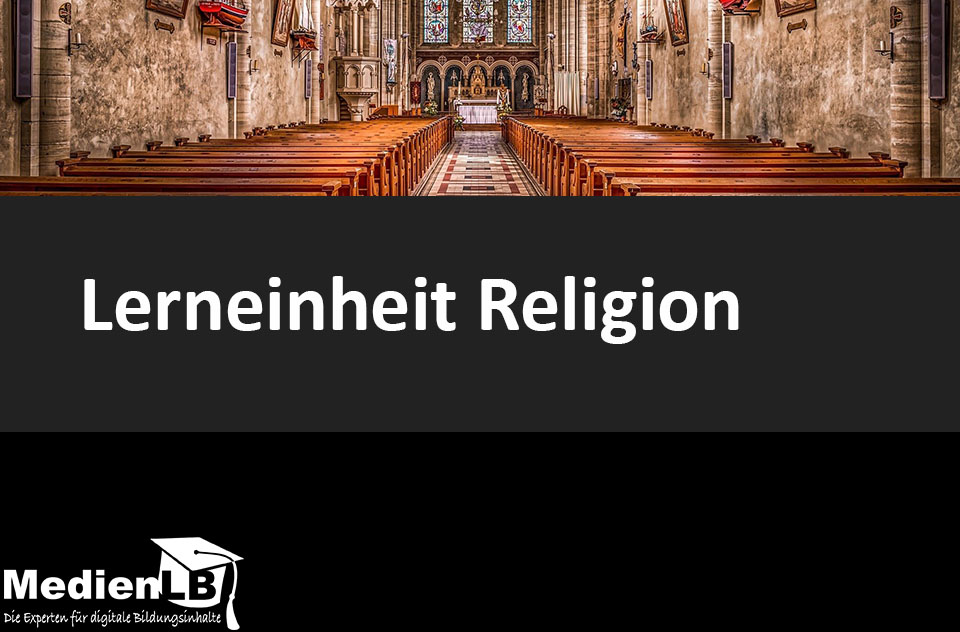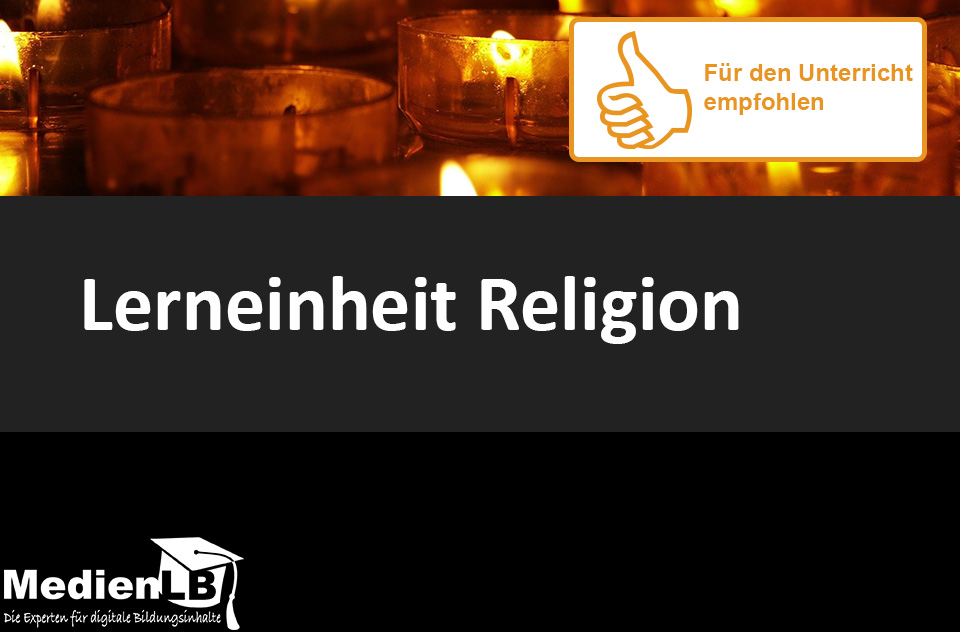

55503547
Kirchenfeste
Für den Unterrichtempfohlen
In 10 interaktiven Aufgaben werden die wichtigsten Kirchenfeste vorgestellt, in den Jahreslauf eingeordnet und anschließend abgefragt.
Das Medium bietet H5P-Aufgaben an, die ohne zusätzliche Software verwendbar sind.
Durch interaktive Aufgabentypen wird das audiovisuelle und interaktive Lernen einfach.
Lernen macht jetzt Spaß!

Included Tasks
- I Kirche; Religion und Feste ... Interaktive Einführung
- II Liturgie - Video und Interaktive Aufgaben
- III Jahreskreis der Kirchenfeste & Jahreszeiten - Infotafel zum Anklicken
- IV Der Weihnachtskreis - Interaktive Aufgaben
- V Der Osterkreis - Video und Interaktive Aufgaben
- VI Das Pfingstfest - Video & Interaktive Aufgaben
- VII Zeitliche Reihenfolge der Kirchenfeste - Zuordnungsaufgabe
- VIII Exkurs: Feste in anderen Religionen - Interaktiver Dialog
- IX Festtagswissen - Interaktive Lernstandkontrolle
- X Spiel: Suchsel - Finde die Kirchenfeste
Curriculum-centred and oriented towards educational standards
Matching
First Communion
At Annabelle’s home. She is nine years old and attends the third class. At this age, most children wish to celebrate their First Communion. Together with her mother Alice, Annabelle is preparing the bread dough today because they will discuss an important topic in communion class – the last supper that Jesus celebrated with his disciples. Alice is in charge of the group lesson. This means she prepares her daughter and five other children for First Communion.




